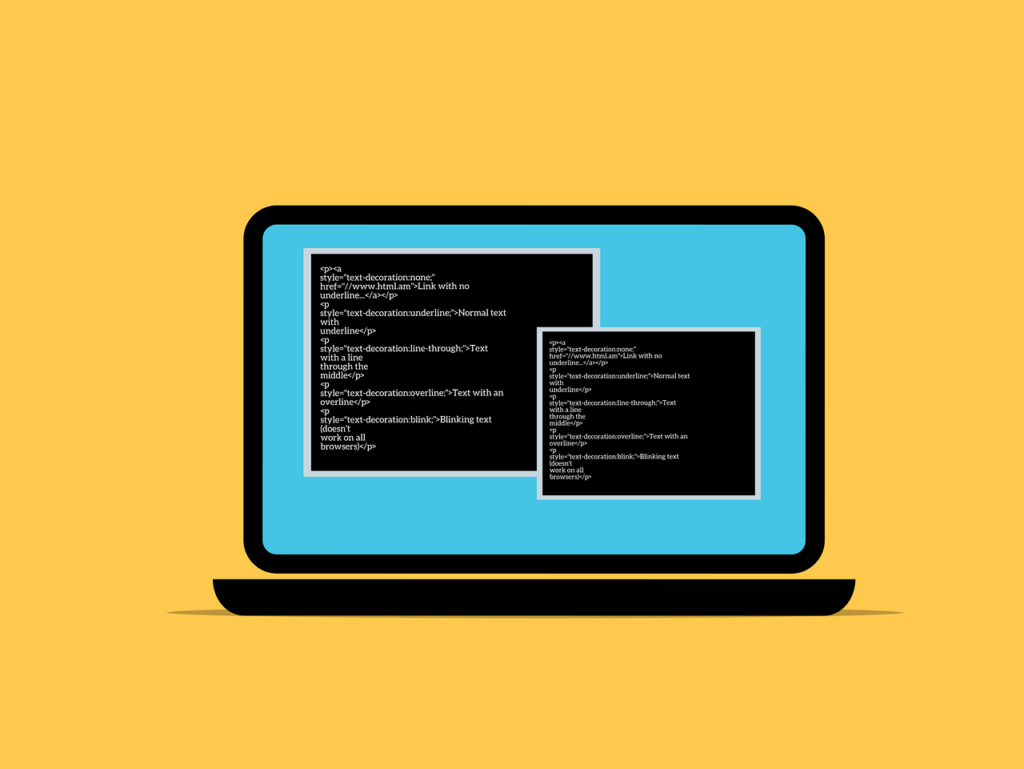How is Your Cyber Hygiene? Essential Tips For 2025
Think of cyber hygiene like brushing your teeth – it’s just as important, but for your online life! Good digital habits help you dodge those pesky hackers lurking in the shadows of the internet.
Let’s break down some simple ways to stay safe online in 2025.

What’s Cyber Hygiene All About?
Basically, it’s all about taking care of your online stuff. Think of it as keeping your devices and personal info clean and safe. Just like washing your hands keeps the germs away, good cyber habits fend off those nasty digital “germs” like viruses and hackers.
Why Should You Care?
Let’s be real, cybercriminals are always cooking up new ways to snag your info or mess with your gadgets. Good cyber hygiene is like your digital shield, keeping your private stuff private and your devices running smoothly.
What Do You Need to Consider?
Passwords: The Keys to Your Online Kingdom
Your passwords are like the keys to your online home, so make them strong!
- Go Long and Strong: Longer passwords are exceptionally harder to crack. Try using a whole sentence, like “I love eating pizza on Fridays!”
- Spice Things Up: Don’t just use letters – toss in some numbers, symbols, and a mix of uppercase and lowercase letters. “I<3EatingPizza0nFridays!” is even better.
- Don’t Be a Creature of Habit: Use a different password for every single account. That way, if someone manages to steal one, your other accounts are still safe. This includes not using patterns.
- Get Yourself a Password Manager: Seriously, these things are lifesavers! They help you create and store super-strong passwords without the headache of remembering them all.
Software Updates: Your Digital Flu Shot
Think of software updates like getting a flu shot – they protect you from those nasty new digital “bugs” going around. Here’s why they’re so important:
- Patching the Holes: Updates usually fix those security holes in your software that hackers can use to sneak in. Updating is like shutting the door on those bad guys.
- Shiny New Features: Updates often come with cool new features and improvements, making your apps work better and do more stuff.
- Set It and Forget It: Turn on automatic updates whenever you can. That way, you don’t have to remember to do it yourself.
Multi-Factor Authentication (MFA): Double the Trouble for Hackers
Two-factor authentication is like having two locks on your door – it makes it way harder for those online baddies to break in.
- What It Is: MFA requires multiple “factors” to prove it’s really you. Usually, it’s your password plus a code sent to your phone or a fingerprint scan.
- Why It’s Awesome: Even if someone steals your password, they still can’t get in without that second thing.
- Use It Everywhere: Turn on MFA for all your important accounts, like email, banking, and social media. If a website offers MFA, it should be enabled.
Public Wi-Fi: Proceed with Caution
Public Wi-Fi can be a bit sketchy. It’s like shouting your secrets in a crowded room – anyone could be listening! Here’s how to stay safe:
- VPN to the Rescue: A VPN is like a secret tunnel for your internet activity, keeping your info private even on dodgy public Wi-Fi.
- Don’t Take the Risk: Avoid doing any sensitive stuff like online banking or shopping on public Wi-Fi. Wait until you’re on a secure network.
- Turn Off Auto-Connect: Don’t let your device automatically connect to any Wi-Fi network it finds. You might accidentally connect to a fake network set up by hackers.
Phishing Scams: Don’t Take the Bait!
Phishing is when a bad guy tries to trick you into giving up your personal info. It’s like a sneaky angler trying to reel you in. Here’s how to avoid getting hooked:
- Check the Sender: Take a close look at who sent the message. Scammers often use fake names that look almost real.
- Don’t Click on Sketchy Links: If a link looks weird or out of place, don’t click it! Hover your mouse over it to see where it really goes.
- Ignore Urgent Messages: Scammers love to pressure you with urgent messages, claiming you need to act fast. Real companies rarely do that.
Data Backup: Don’t Lose Your Precious Memories!
Backing up your data is like making copies of your important documents. If something terrible happens, you won’t lose everything. Here’s why it’s crucial:
- Ransomware Protection: Ransomware can lock up your files and hold them hostage. With backups, you can tell those hackers to take a hike!
- Oops! Undo Button: We all delete things by mistake sometimes. Backups let you recover those deleted files and breathe a sigh of relief.
- The 3-2-1 Rule: Keep 3 copies of your data, on 2 different types of storage, with 1 copy off-site (like in the cloud).
Privacy Settings: Keeping Your Digital Life Private
Your privacy settings are like the curtains on your windows – they let you control what others can see. Check them regularly:
- Schedule a Checkup: Review your privacy settings every few months. Put a reminder on your calendar so you don’t forget.
- All Accounts Matter: Don’t forget about those old accounts you barely use. If you’re not using them, close them down.
- Less is More: Only share what you absolutely need to. The less you share online, the safer you are.
Cybersecurity for the Whole Family
Cybersecurity is important for everyone in your family. It’s like teaching your kids to look both ways before crossing the street. Here’s how to spread the knowledge:
- Make it Fun: Use games or stories to teach about online safety. It’s much easier to remember that way.
- Lead by Example: Show good cyber habits yourself. Your family learns by watching you.
- Talk About It: Have open and honest conversations about what happens online. That’s a big step in keeping everyone safe.
Level Up Your Cybersecurity Game
Good cyber hygiene is your best defense against those online troublemakers in 2025 and beyond. Use a password manager, update your software, and be careful on public Wi-Fi. Watch out for phishing scams, back up your data, and check your privacy settings regularly. Cybersecurity is a team sport, the better our cyber hygiene the safer we all are.
Want to Level Up Your Cyber Hygiene?
Want more tips on staying safe in the digital world? Bearium Networks is here to help! Contact us for more advice on cybersecurity. Let’s make your business’s online presence safer and better!
